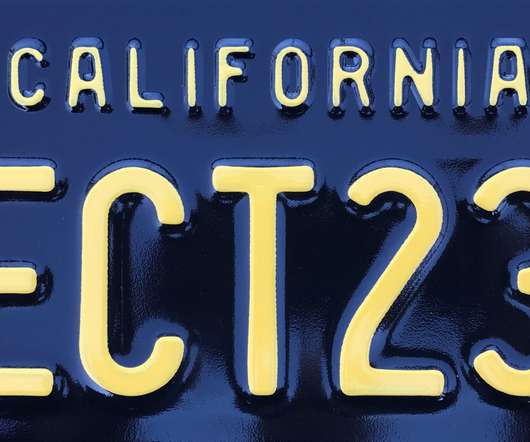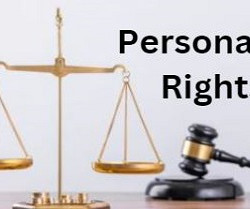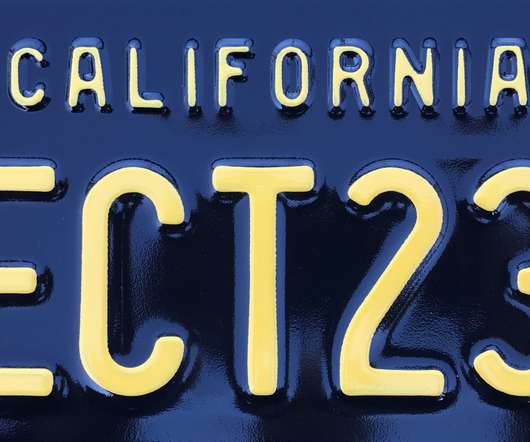Announcing the Sixth Edition of Advertising & Marketing Law: Cases & Materials by Tushnet & Goldman
Technology & Marketing Law Blog
AUGUST 11, 2022
Rebecca Tushnet and I are pleased to announce the sixth edition of our casebook, Advertising & Marketing Law: Cases & Materials. We also have two online-only chapters on housing discrimination (Chapter 20) and political advertising (Chapter 21), both also freely downloadable. Chapter 2: What is an Advertisement?


















Let's personalize your content